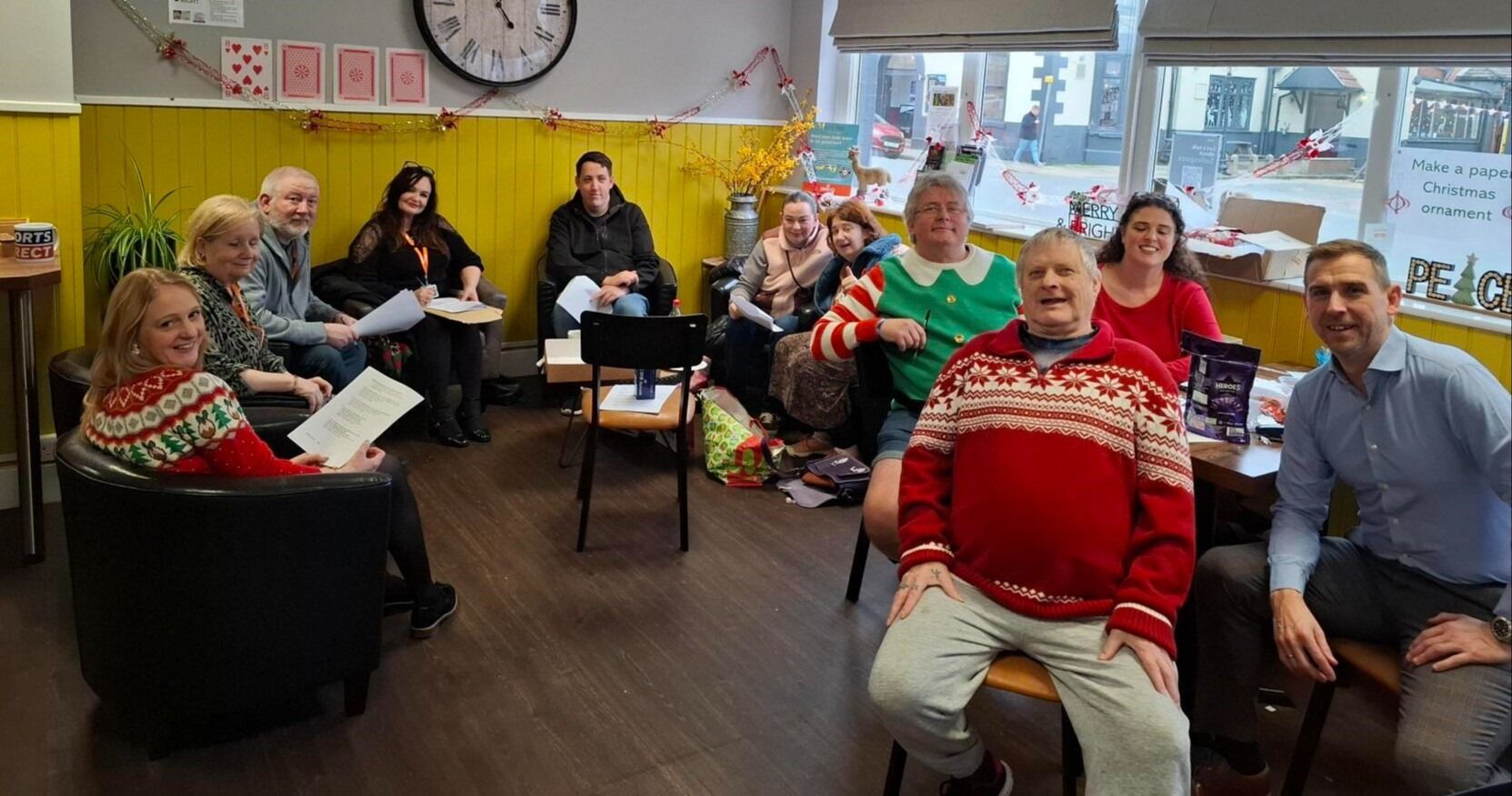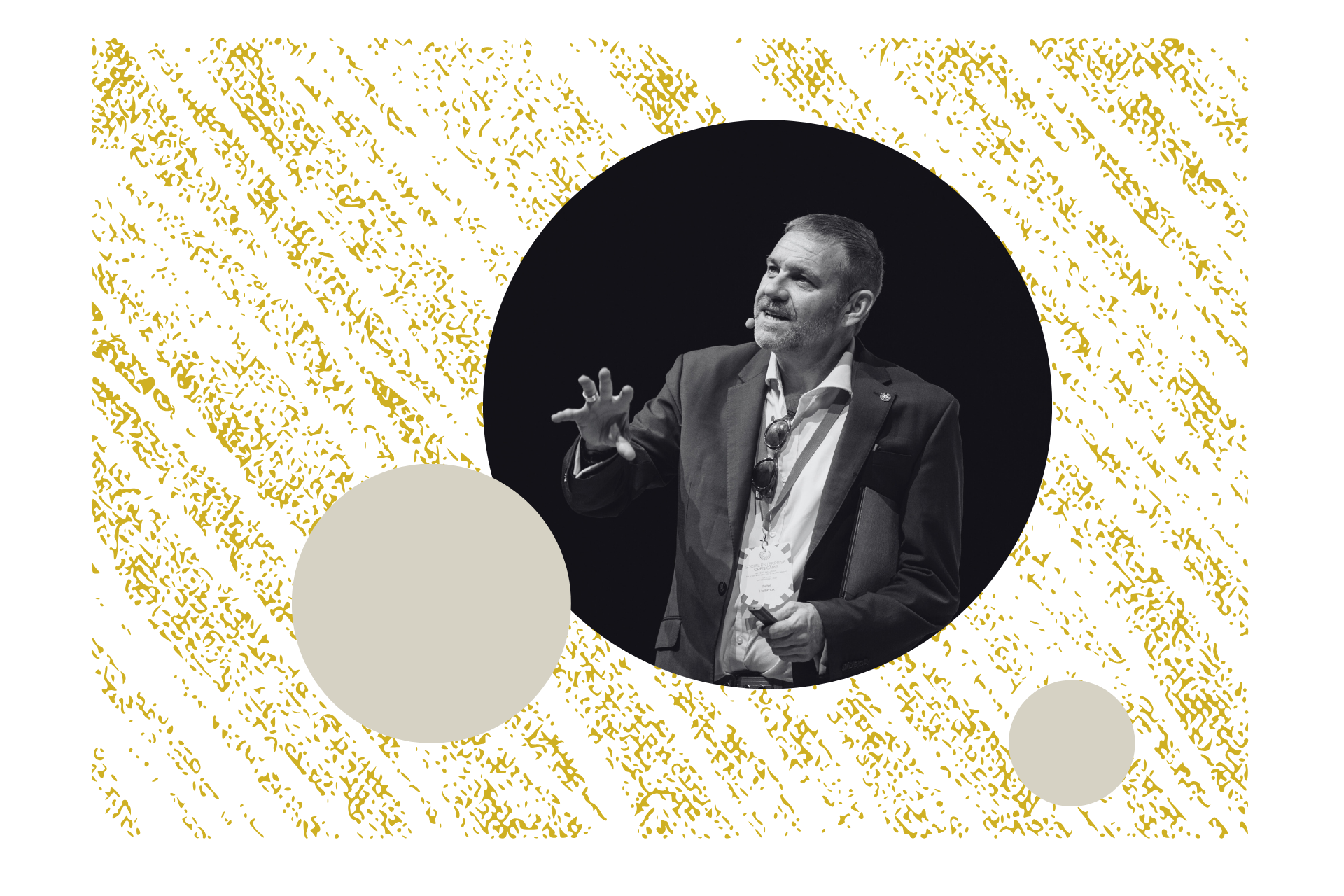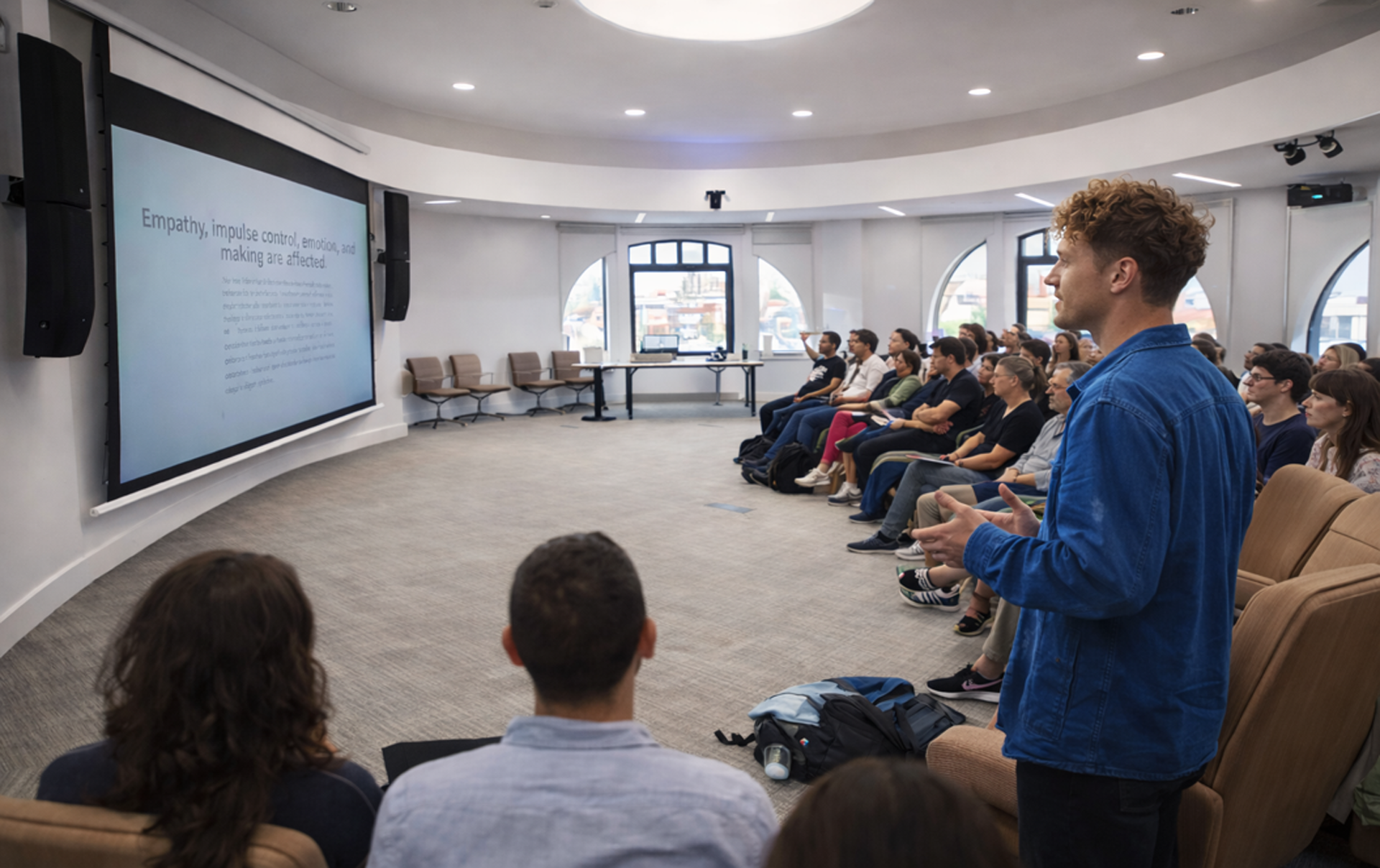Health and social care case studies
Navigo

North East Lincolnshire is pioneering a radical model of mental healthcare that is improving outcomes and cutting waiting times. The key: empowering patients and treating them holistically.
The data tells its own story:
- 94% of emergency mental health referrals seen within four hours compared with just 50% across England.
- 81% of patients in settled accommodation compared to 24% nationally.
- Older patients at risk of harming themselves or others are restrained over 50% fewer times than the English average.
- 80% of staff say they would be happy for a friend or relative to be treated by Navigo compared to the 64% average for mental health providers nationally.*
Clearly, Navigo – the social enterprise that delivers mental health services for the NHS in North East Lincolnshire – is making breakthroughs that elude many other providers. What are they doing differently?
Jobs, homes, human connection
That question is answered succinctly by Simon Beeton – Navigo’s Chief Executive. While conventional mental health services seek to “diagnose, treat, and discharge”, Navigo takes a holistic approach, not only helping people address their mental health condition but also working with them to find “somewhere to live, somewhere to work, and someone to love (or, at least, really get on with!)”.
It’s an approach rooted in three transformational observations that fundamentally challenges how healthcare is currently delivered by the NHS.
- People are complex wholes – treating any medical condition, let alone a mental health one, without understanding the wider context of factors affecting patients’ lives will always be limited in its impact.
- There are very often social and economic drivers behind poor mental health which simply cannot be ignored when trying to help a person recover: debt, poor housing, unemployment, poverty.
- Mental health care should be as much about helping people regain a sense of agency and control in their lives as treating the condition. Approaches that reinforce passivity or helplessness can exacerbate as much as ameliorate mental ill-health.
For Navigo, that means adopting holistic, empowering treatment frameworks but it also means going much further than conventional mental health services in supporting people.
Nowhere is that more apparent than in Tukes. Named after William Tuke – the pioneering mental health campaigner and innovator – the initiative uses Navigo’s resources to help patients secure employment, develop skills and, maybe most importantly, form the human connection that comes from having a job. This is why Navigo – unlike any other NHS mental health service you may have come across – owns a garden centre, a cafe and a cleaning service to provide a job, income and training for their patients.
It’s also why Navigo operates as a social landlord, as well as working closely with other social landlords, to provide the affordable, decent accommodation that so many with mental health conditions struggle to find and retain.
Lighting a beacon for Barbara
That principle of giving people agency and self-efficacy by addressing the wider conditions of their life runs so deep in Navigo that it has shaped its whole corporate structure. Navigo is effectively run as a co-operative that not only gives employees a major say in the organisation but also gives the same rights to patients who can get deeply involved in the running and shaping of the service. Indeed, you are just as likely to hear the people helped by Navigo being referred to, and referring to themselves, as ‘members’ than as ‘patients’. It’s also why Navigo is often described by its people as a ‘community’ or even a ‘family’ rather than a healthcare service or organisation.
It’s a model that helps create that crucial space for human connection but is also credited with generating a culture of openness to innovation that drives so much of what Navigo does. Patients inevitably know best what needs to change to improve their experience and hasten their recovery. They also have little tolerance for the usual organisational obstacles placed in the way of necessary improvements. Thus Navigo is always looking to do things the best way they can and, if necessary, cut through the institutional noise that stops that happening.
Barbara is a perfect illustration of this principle. Deeply unhappy with the fact that her husband who had severe dementia was being placed in a care home many miles away due to lack of appropriate accommodation, Barbara needed, and demanded, change. Always proactive when the wider system generates a problem, Navigo decided to act.
Three new centres were set up providing forty places for older people with dementia and/or mental health conditions all located within North East Lincolnshire. One of the facilities was named Barbara’s Beacon to honour the key role Barbara played in making the change happen. And, of course, the same holistic and empowering approach that runs through all of Navigo’s work underpins the care provided at Barbara’s Beacon and the other new centres.
So, Navigo is proving that compassionate, holistic, empowering care for patients need not be sacrificed in the pursuit of a more responsive, efficient service. In fact, the stats quoted at the start of this article show precisely the opposite: that the key to delivering a more responsive, efficient service is precisely that compassionate, holistic, empowering approach.
But, after all, those are just stats and abstract principles. Far better to hear how Navigo’s ethos changes lives in practice by listening to Jemma. Jemma came to Navigo as a profoundly shy and fearful person with borderline personality disorder. But over time she changed: increasingly helping other Navigo members deal with their challenges, she ultimately set up and ran a support group for people who self harm. Her story provides an eloquent insight into the “big family” that is Navigo and the way it transforms lives.

You can find plenty of other testimonies from staff and members alongside Jemma’s on the same YouTube channel.
*Data sourced from What Makes Us Navigo.
By Adam Lent
This case study forms part of a series we are producing together with the healthcare consultancy Baxendale and think tank King’s Fund, to demonstrate the innovation shown by social enterprises delivering health and social care.



